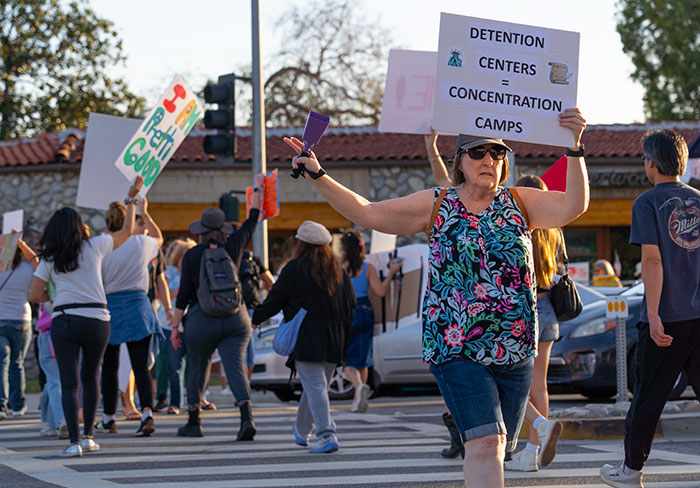Ruling holds city responsible for water trial legal fees
The city of Claremont has to pony up nearly all of Golden State Water Company’s legal fees, totaling $7.4 million, the judge ruled.
Judge Richard Fruin of the Los Angeles Superior Court ruled on February 15 that Claremont is on the hook for over nearly all that Golden State Water Company (GSW) has billed them following Claremont’s loss in the eminent domain trail in December. GSW’s initial fees totaled around $7.69 million.
The 12-page ruling adds to the city’s $6.1 million in existing legal fees to Best, Best & Krieger, for a grand total of around $13.5 million. The city filed an initial motion on January 26 for a 50 percent reduction in GSW’s legal fees.
Notably, the city attempted to minimize attorney’s hourly rates, which made up the bulk of total litigation costs to the tune of over $5.7 million. The city tried to reduce those fees by over $1.4 million.
The court ruled against the city, noting that their legal fee consultant, Brand Cooper, did not “persuade the court that he is sufficiently familiar with the complexity of this litigation and thus is aware of the knowledge and skills required of the trial attorneys,” according to the ruling.
The court claimed Mr. Cooper seemed unaware that this trial was the first of its kind in the state, and therefore the attorneys had to become acutely aware of not only Claremont’s water system and history, but also the history of La Verne’s water system, the Public Utilities Commission’s (PUC) regulations of Claremont’s rates, the feasibility of Claremont issuing bonds to pay for the water system and more.
For this reason, the court ruled, GSW’s attorneys deserved the full amount.
In particular, Mr. Cooper tried to reduce Manatt, Phelps and Phillips partner Dinesh Badkar’s compensation to an associate’s rate of $350 per hour because he largely worked behind the scenes. The court disagreed, noting that invoices involved in the case asserted Mr. Badkar was involved in “all aspects of litigation” and was an invaluable member of GSW’s legal team.
The court also ruled against the city’s attempt to further reduce attorney’s fees by more than $1.1 million due to what Mr. Cooper asserted was redacted invoices and time entries. Mr. Cooper contended that he was unable to determine if those fees were for the trial or from related lawsuits involving Measure W in 2014 that were waived by GSW.
The court also rejected Claremont’s request to reduce fees by $139,652 due to “clerical tasks,” noting that the attorneys had to create databases and file-sharing websites to manage and search documents involving the case. A possible reduction of $344,125 for “block billing,” meaning one bill for multiple tasks, was also rejected.
The city also lost its attempt to block payment to experts who ended up not testifying during the trial. The court noted that, “Golden State’s decision to not call these witnesses was based on defense counsel’s decision made in the flow of the trial that their testimony was not needed,” and therefore still billable under law.
The court also rejected the city’s claims that fees for two witnesses who did testify at trial, Michael Hanemann and Stephen Peters, should be reduced because their information was largely obtained from other sources. The court noted, however, that the testimony of Mr. Hanemann in particular—whose hourly billing rate is $700—was pivotal to GSW’s victory due to his rebuttal of the city’s claims of costs needed to operate the water system.
The city saw a reduction of 25 percent of tax costs GSW paid to Executive Presentations, a courtroom graphic company, which amounts to $30,220. Judge Fruin also dismissed $189,300 in legal fees due to Public Records Act (PRA) and the California Environmental Quality Act (CEQA) lawsuits involving Measure W that GSW admits were waived, the ruling stated.
In a statement posted on the city’s website, City Manager Tony Ramos noted that Claremont, “anticipates filing a Notice of Appeal on the award of litigation expenses.”
Claremont has also vowed to appeal the judge’s ruling on the bench trial altogether, passing a resolution to appeal the decision during a special city council meeting on January 31.
Mr. Ramos said at that meeting that all legal fees would be stayed as the appeal continues.
—Matthew Bramlett
news@claremont-courier.com








0 Comments